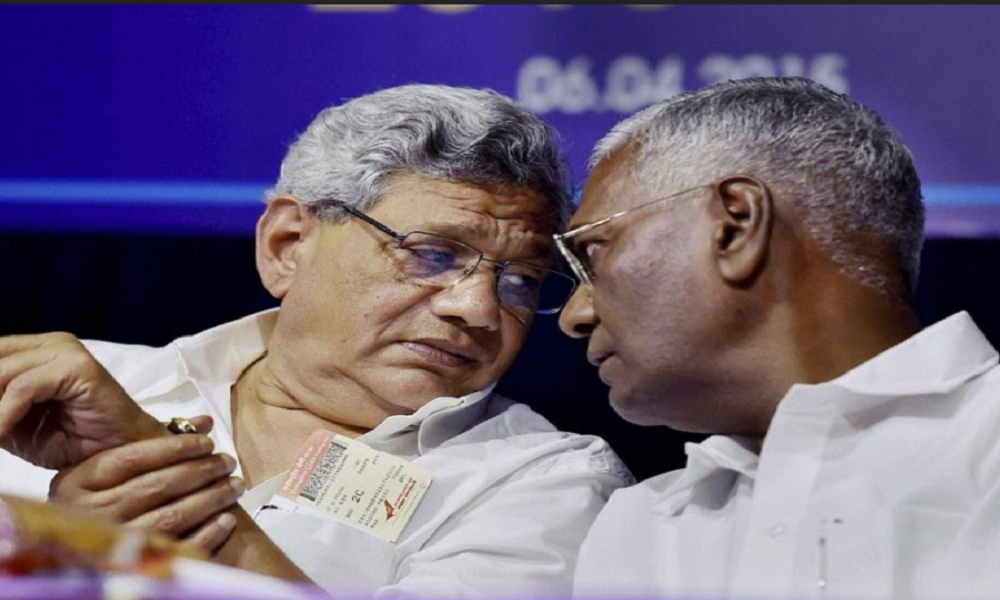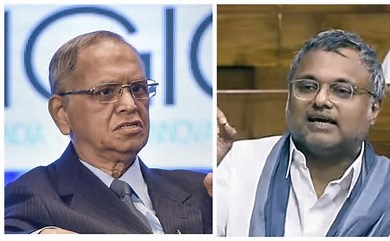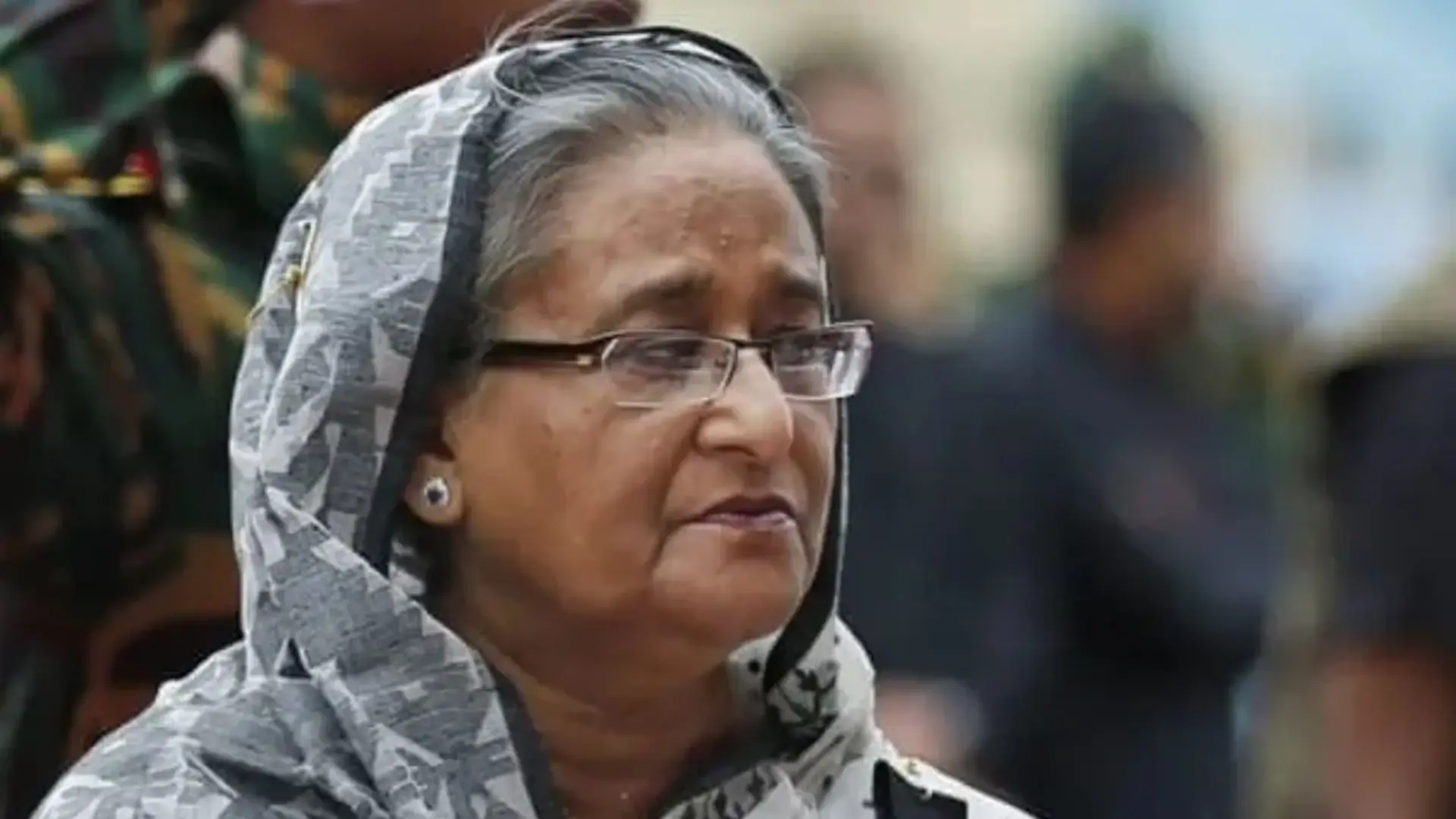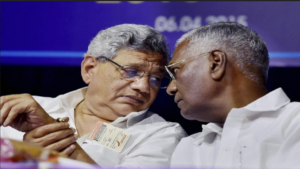After the violent face-off at the Line of Actual Control in eastern Ladakh on 15-16 June, Prime Minister Narendra Modi called an allparty meeting on 19 June. In the meeting, CPI general secretary D. Raja — ironically and interestingly — spoke about the “need to resist US efforts to drag us into their alliance”. CPI(M) general secretary Sitaram Yechury was also present there; and, he put weight behind the principles of Panchsheel without speaking a word against China.
Dipankar Bhattacharya, general secretary of CPI-ML (liberation), released an official statement of his party on 16 June. In the statement, he criticised that the Modi government was “losing ground” in its China policy and added that “it seeks to make up for it by endorsing strong anti-China rhetoric for domestic political consumption.” It is uncertain what he meant by “anti-China rhetoric”, but it can be guessed that he was talking about the boycott of Chinese products.
Instead of criticising China and standing with India, Indian communists are more concerned about the alleged role of the United States and the rising anti-China sentiments in the country. This is not for the first time and will not be the last time either.
Now, coming to the big question: Why are Indian communists criticising the US and India at a time when China has backstabbed us again? In my opinion, it is due to three reasons.
First, communists across the globe are interconnected with each other for their utopia of classless and borderless state. Leading communists worldwide — Marx, Lenin or even Mao — have their own version of communism and their followers not only admire it but try to follow and implement it. No wonder, one would once find walls in Kolkata covered with slogans of Chin-er Chairman amader Chairman (China’s chairman is our chairman), in reference to Mao.
Along with it, whenever the conflicts among communists at the international level arose, it had an impact on Indian communism. The Communist Party of India was divided into two factions when conflicts between Chinese and Soviet communists escalated.
Having said that, the Communist Party of China (CPC) has its own followers or admirers in India. There are numerous incidents when Indian communists have praised the CPC and its leaders. Yechury, as quoted by Chinese state-run Xinhua news agency, had praised China’s achievements under President Xi Jinping’s leadership in 2017. Thus, it is natural for the CPC’s followers/admirers not to criticise their role models.
Second, the US and the present dispensation in India, for communists, are ideological enemies and the root cause for every problem. Raja’s statement to find an American angle in the recent face-off in Ladakh shouldn’t come as a surprise by looking at the past record. In the past, they often blamed the US and India by openly siding with China. Many times, when the US President and the Israeli Prime Minister visited India, these communists protested viciously.
Recently, the leaders of the Congress and the BJP criticised the eerie silence of Kerala Chief Minister Pinarai Vijayan regarding the ongoing LAC tension in Ladakh. In the past, he had blamed the Indian government for “isolating” China. “Globally, there is an effort to isolate China and RSS wants an axis compromising US, Israel and India, which is against our previous foreign policy that was based on anti-imperialism,” Vijayan had reportedly said at a party function in Kannur in 2018.
Third, communists want to portray themselves as ambassadors of peace between India and China. They often took credit for any upswing, real or perceived, in the India-China relations. For example, in 2015, Yechury told The Hindu, “CPC values its ties with CPI(M) and showed hope for developing Sino-India relations.”
Similarly, People’s Democracy, the CPI(M) mouthpiece, wrote in 2013 that “CPC leaders praised the roles of CPI(M) in strengthening relations between India and China.”
In this backdrop, taking a stand for India and criticising the Dragon will lose them the much-needed brownie points — and of course patronage — from their ideological masters in China. Indian communists can’t afford to do so!
The writer is a news analyst and political observer.













